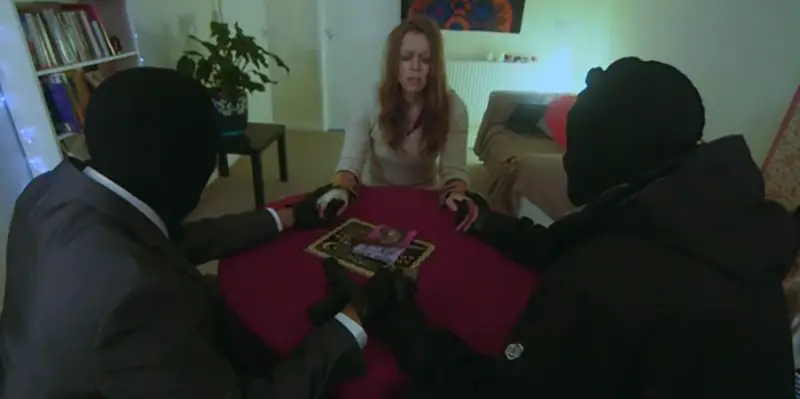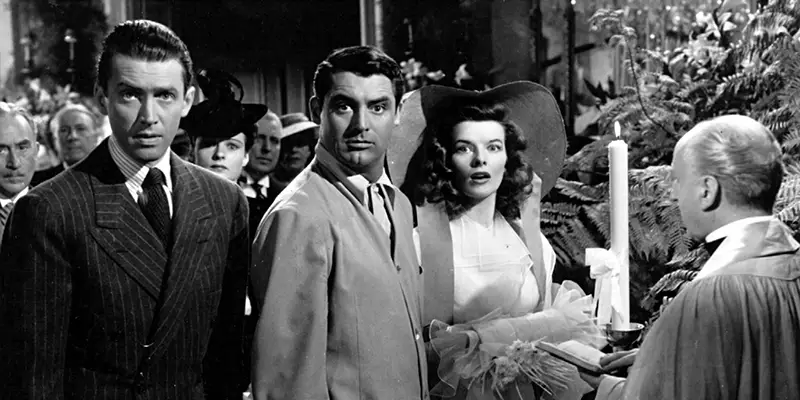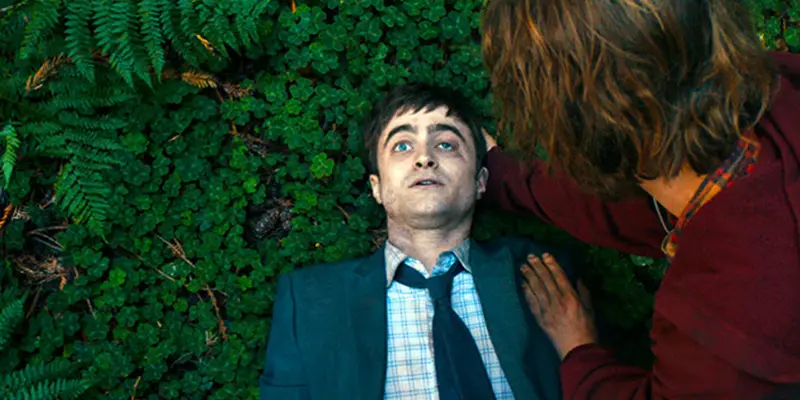comedy
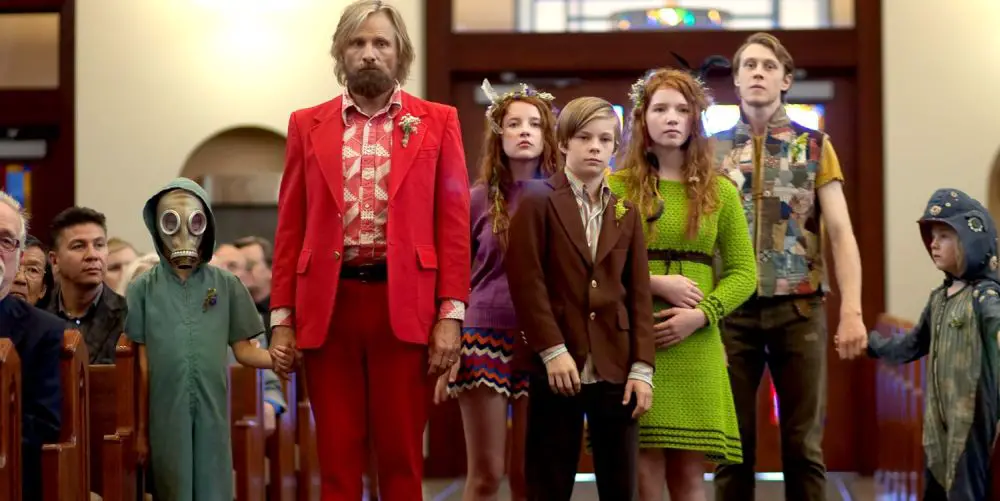
To title your film with the superlative ‘Fantastic’ is playing with fire. Firstly, in this age of Marvel’s silver screen domination and DC’s valiant attempts to catch up, it would be understandable for any jaded cinema-goer to skip this one, expecting another facile, spandex-clad superhero epic; secondly, if it fails the headlines write themselves, and every movie critic worth their salt would crowbar in a reference to the irony of the film’s title. Luckily, Matt Ross’ sophomore effort Captain Fantastic, following 2012’s 28 Hotel Rooms, will have few critics drawing knives, and anyone eagerly searching for an antithesis to the recent barrage of superhero blockbusters in cinemas will be satisfied, if not delighted, when the credits roll.
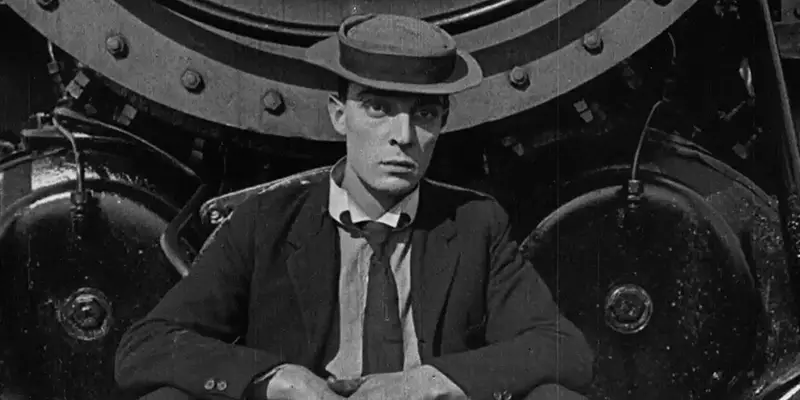
When I was younger and just starting to get into classic film, I found a copy of The General at a local DVD store. Watching it later, I still remember the exact moment when I was captivated by Buster Keaton’s unique charm and screen presence. In the film’s first extended action sequence, Keaton is chasing after a troupe of Union soldiers who had infiltrated and stolen his train, and in a series of fast-paced, whirring motions, he narrowly escapes one mishap after another.
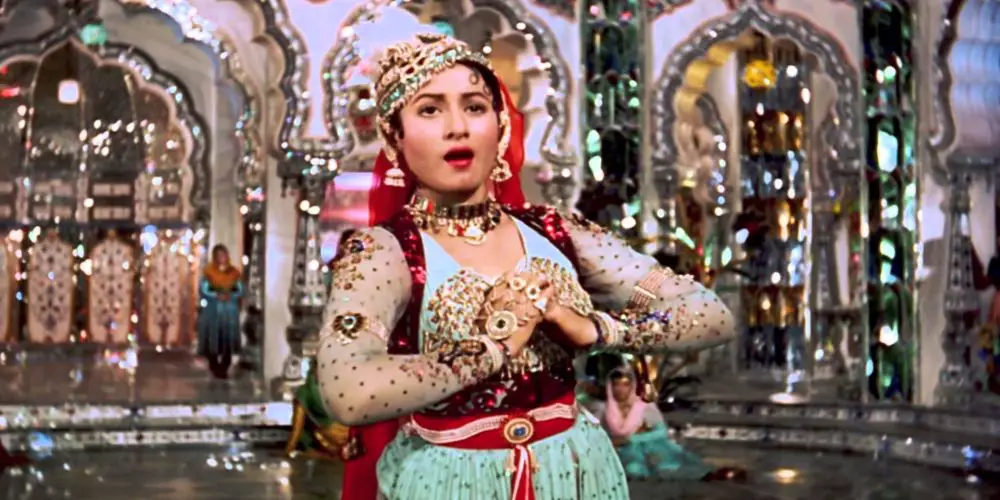
Raj Kapoor, Dilip Kumar, Nargis, Dev Anand, Vyjayanthimala, Guru Dutt, Madhubala, Raaj Kumar, Rajesh Khanna, Meena Kumari, Shashi Kapoor, Hema Malini, Sanjeev Kumar, Amitabh Bachchan, Rekha, Anil Kapoor, Madhuri Dixit, Salman Khan, Shah Rukh Khan, Kajol, Aamir Khan, Aishwarya Rai, Hrithik Roshan, Kareena Kapoor, Priyanka Chopra, Ranbir Kapoor, Deepika Padukone. To a majority of westerners these names will have very little resonance, if any at all. For many cinemagoers on the Indian subcontinent, however, these highly-revered and much-followed household names together epitomise the most significant cultural product in the region:
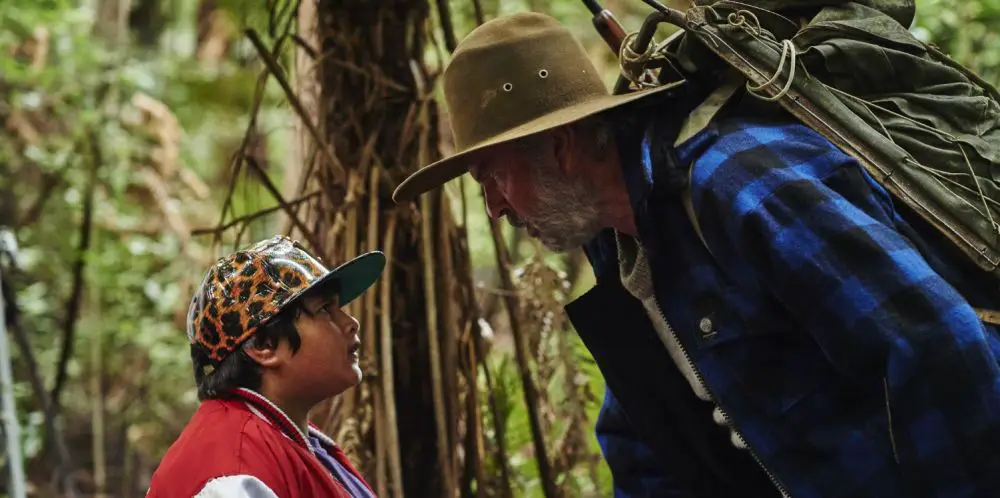
Like much of writer/director Taika Waititi’s other work, Hunt for the Wilderpeople finds humor in asking us to laugh at its characters. They all have some ridiculous traits, and we’re free to have fun at their expense. Some of them are delusional, some of them are myopic, and some of them totally lack self-consciousness.
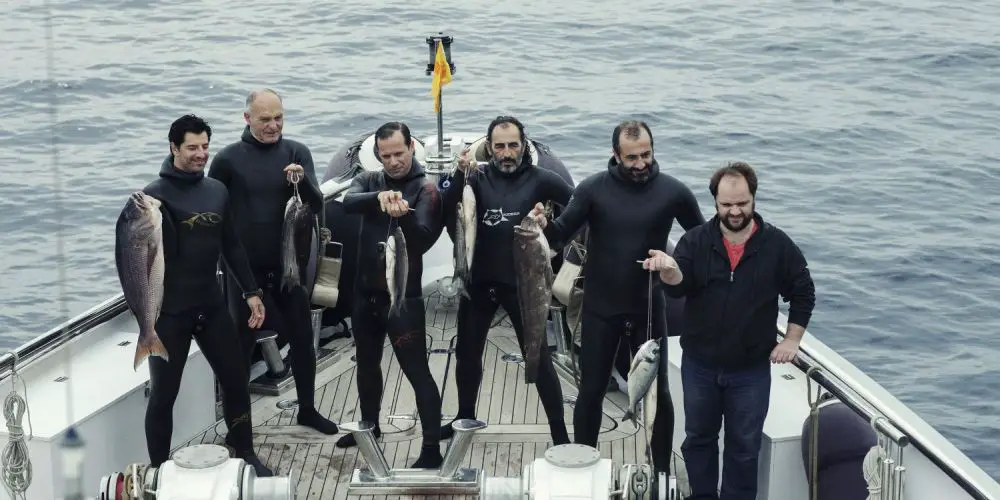
Chevalier is the uncomplicated story of six men on a diving expedition in the Aegean sea, and how their competitiveness is almost the undoing of all of them. Named as Best Film at the London Film Festival in 2015, it is an extraordinary film and one that is unmissable for anyone who enjoys a deeply disturbing comedy. Despite having no female characters, Athina Rachel Tsangari’s Greek comedy speaks from an authoritative feminist voice, forcing hyper-masculinity under the microscope with hysterical consequences.
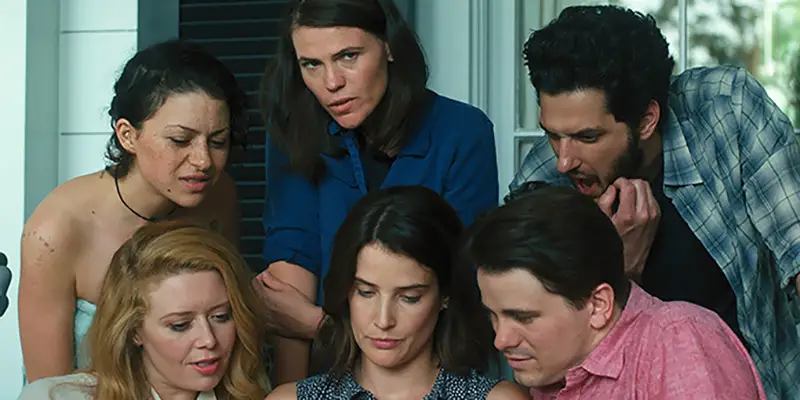
With an ensemble cast telling a relatable story about friends and lovers, Clea DuVall succeeds with her directorial and writing debut feature film. The Intervention stars Natasha Lyonne, Melanie Lynskey, and DuVall, bringing a But I’m A Cheerleader reunion to the screen, and also adds Cobie Smulders and Jason Ritter, among others. This is a fun and heartfelt story about four couples who gather for a weekend away at Jessie (DuVall) & Ruby’s (Smulders) family vacation house.
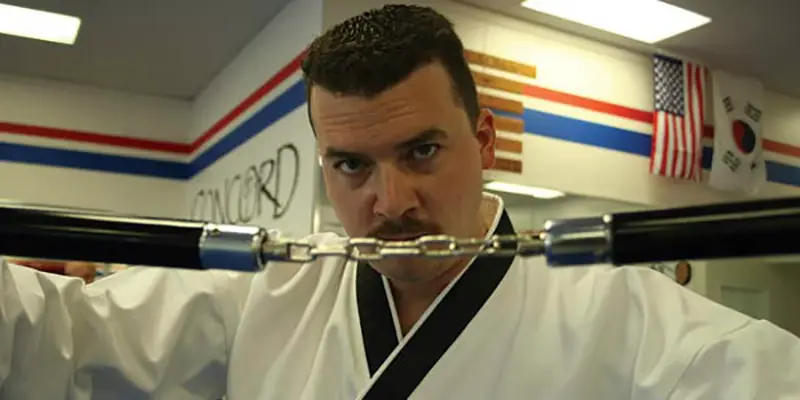
In January 2006 at the Sundance Film Festival, the world was introduced to Jody Hill and Danny McBride by way of The Foot Fist Way. Billed as a comedy, the movie starred McBride as a down-on-his-luck Taekwondo instructor from North Carolina. The film quickly establishes itself to the viewer as a grossly sophomoric bit of business, with plenty of crass dinner table conversations and shallow behavior throughout.
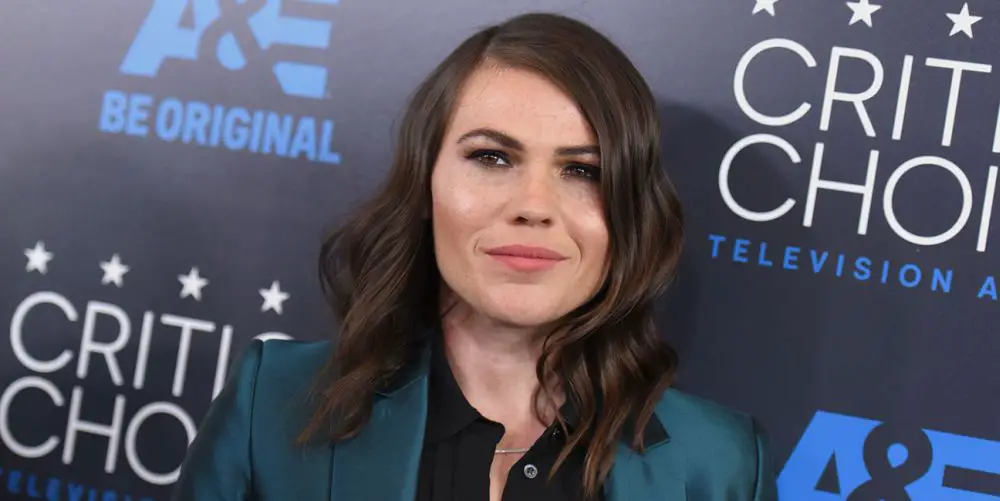
You may not know her by name, but you’ve definitely seen her face and are familiar with her work. She’s been on your small screen and silver screen starring along side Angelina Jolie, Christina Ricci, Zachary Quinto, and Natasha Lyonne to name a few. She may not look as glamorous as your traditional Hollywood starlet and she doesn’t often play the leading role, but Clea DuVall’s natural beauty and talent first grabbed my attention about fifteen years ago on a day I vividly remember.
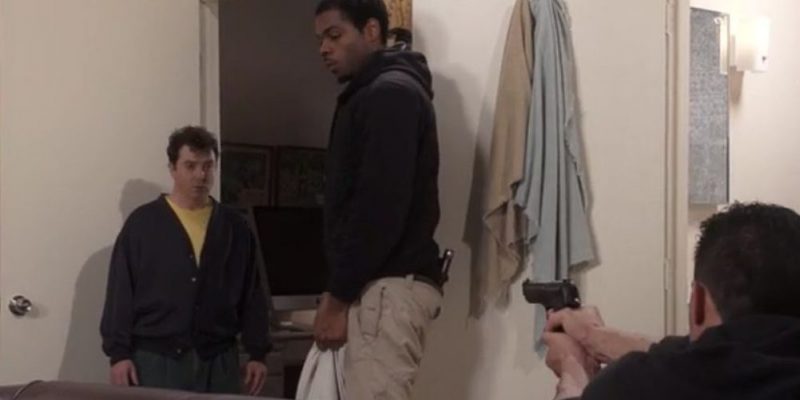
That’s Opportunity Knocking is a short comedy that starts off strong, panders down and then picks back up, written and directed by Charles Pelletier. Starring Satchel André and Moronai Kanekoa, the film recently won “Best Comedy Short” at LAIFFA. Pelletier clearly has a lot to say and harbors strong feelings about the 99% vs the 1%, which is how he opens his film and also is a theme that carries throughout.
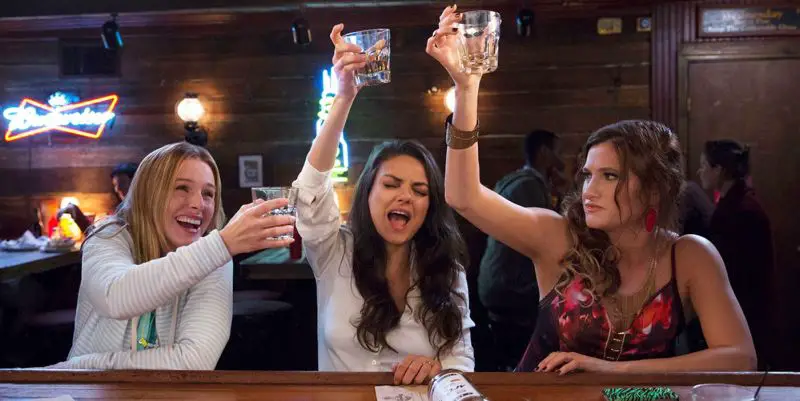
Bad Moms threatens to turn into a women-centric Seth Rogen movie, and it could easily have fallen off that particular cliff. Fortunately the movie and the audience are spared that fate, largely because the moms aren’t really that bad, and that’s the point of the movie. These women are overstressed, overworked and under-appreciated, but they’re trying.


